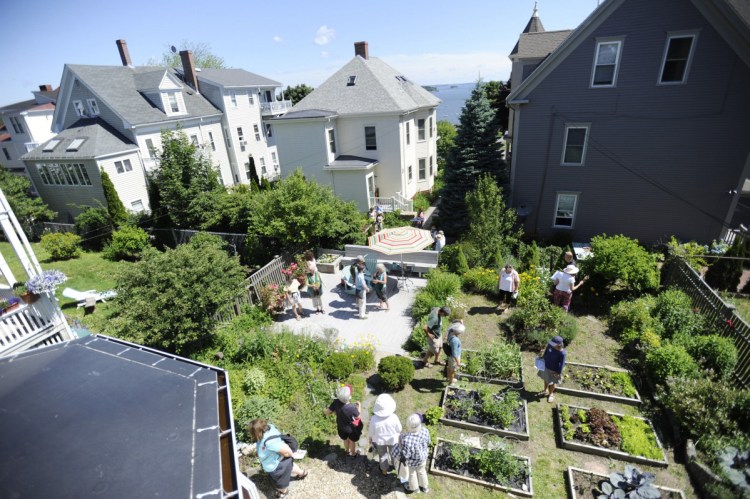When journalist Peter Moskowitz came to Portland last year, he told a packed house at Longfellow Books how gentrification happens. The federal tax rate is flattening, a triumph of conservatism. This generates less revenue for states and cities. They respond by simultaneously cutting services and openly courting the rich. It’s happening everywhere.
In this way, with budgets threatened, Portland’s obsession with developers is understandable. The local government has the future solvency of its city to secure. Unfortunately, its short-term fixes are a long-term disaster. Portland is more deeply entrenching its own wealth gaps, and will soon be unlivable.
Watching the past two election cycles in Portland has been like watching a horror movie. You keep hoping the characters will make different choices. But they keep hastening their own demise. I didn’t think Portland would tolerate a flood of out-of-state and corporate money to reconstruct whole narratives of who and what serves the city, and how prosperity spreads. But it did. Moreover, I didn’t think voters would buy those narratives. But they have.
Rent stabilization was defeated in 2017 as even self-styled progressives accepted the story that better, cheaper housing was needed instead (the solution, of course, is both), then lost interest after the election in meaningfully pursuing either. And last month, re-elected councilors whose glossy mailers had portrayed them as champions of the people loosened short-term rental rules to further strain the city’s housing stock and drive up costs of living. And yet I kept hoping.
I’m a Portlander away at school. With a heavy heart, I’m gradually deciding not to return. The council doesn’t know how to lead, and too many voters don’t peer enough behind its paid-for narratives to understand what’s at stake and insist on better. I love Portland. Too much, I think, to witness its self-destruction up close.
Joe Pinto
Watertown, Mass.
Send questions/comments to the editors.


